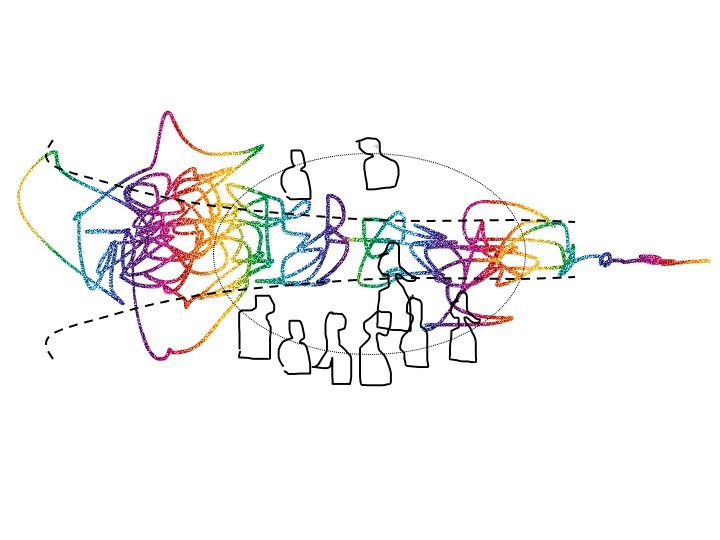- different theories and frameworks for innovation and product development processes, such as NPD stage gate, agile development, design thinking, Lean start-up, circular economy
- systematic methods that are used in different phases of innovation and product development processes, e g user involvement, creativity methods, analysis of product and service value, launch and sales of innovation
- principles and tools for the analysis of innovation and product development processes
- Integration mechanisms in innovation and product development processes, e g roles and functions, group dynamics, visualisation and management by objectives
- Project work with a focus on evaluation and design of innovation and product development processes in an organisation
MF2085 Innovation- and Product Development Processes 6.0 credits

The purpose of this course is to make students familiar with process models and systematic working methods used in innovation and product development. The goal is also to provide a deeper understanding of how these models and working methods are used in a number of critical situations in innovation and product development. Examples of such critical situations are when an organization wants to improve both its efficiency and its ability to innovate, when the demands of the outside world change drastically or the value that a product company offers its customers contains both products and services and constitutes complex sociotechnical systems.
Information per course offering
Choose semester and course offering to see current information and more about the course, such as course syllabus, study period, and application information.
Information for Spring 2026 Start 13 Jan 2026 programme students
- Course location
KTH Campus
- Duration
- 13 Jan 2026 - 1 Jun 2026
- Periods
Spring 2026: P3 (3 hp), P4 (3 hp)
- Pace of study
17%
- Application code
60500
- Form of study
Normal Daytime
- Language of instruction
English
- Course memo
- Number of places
Min: 5
- Target group
- No information inserted
- Planned modular schedule
- [object Object]
- Schedule
Contact
Course syllabus as PDF
Please note: all information from the Course syllabus is available on this page in an accessible format.
Course syllabus MF2085 (Spring 2022–)Content and learning outcomes
Course contents
Intended learning outcomes
After passing the course, the students should be able to:
- describe how theory related to innovation and product development processes have been developed over time
- explain and compare what characterises different innovation and product development processes and how individuals and groups are influenced
- use systematic methods that are used in different phases of the innovation and product development process
- analyse advantages and disadvantages when it comes to use of different systematic methods in a number of critical situations in innovation and product development processes
- analyse and design innovation and product development processes
- evaluate innovation and product development processes in order to analyse the effects of different designs of innovation and product development processes
- analyse critical integration mechanisms in innovation and product development processes and their usability for different purposes
Literature and preparations
Specific prerequisites
Bachelor of Science Degree in Mechanical Engineering or the equivalent.
Literature
Examination and completion
Grading scale
Examination
- PROA - Project, 3.0 credits, grading scale: A, B, C, D, E, FX, F
- SEMA - Seminars, 1.5 credits, grading scale: P, F
- TENA - Home exam, 1.5 credits, grading scale: A, B, C, D, E, FX, F
Based on recommendation from KTH’s coordinator for disabilities, the examiner will decide how to adapt an examination for students with documented disability.
The examiner may apply another examination format when re-examining individual students.
If the course is discontinued, students may request to be examined during the following two academic years.
.
Examiner
Ethical approach
- All members of a group are responsible for the group's work.
- In any assessment, every student shall honestly disclose any help received and sources used.
- In an oral assessment, every student shall be able to present and answer questions about the entire assignment and solution.
Further information
Course room in Canvas
Offered by
Main field of study
Education cycle
Supplementary information
The course is available for exchange students with a Bachelor of Science Degree in Mechanical Engineering or corresponding.